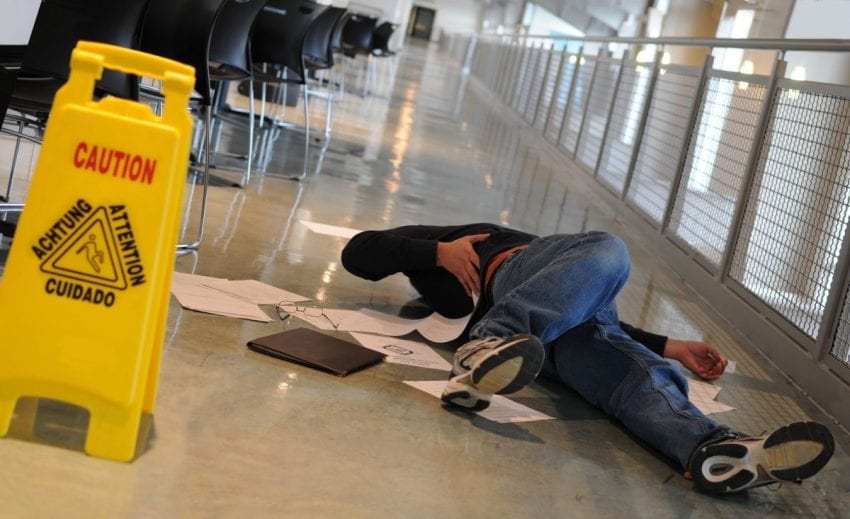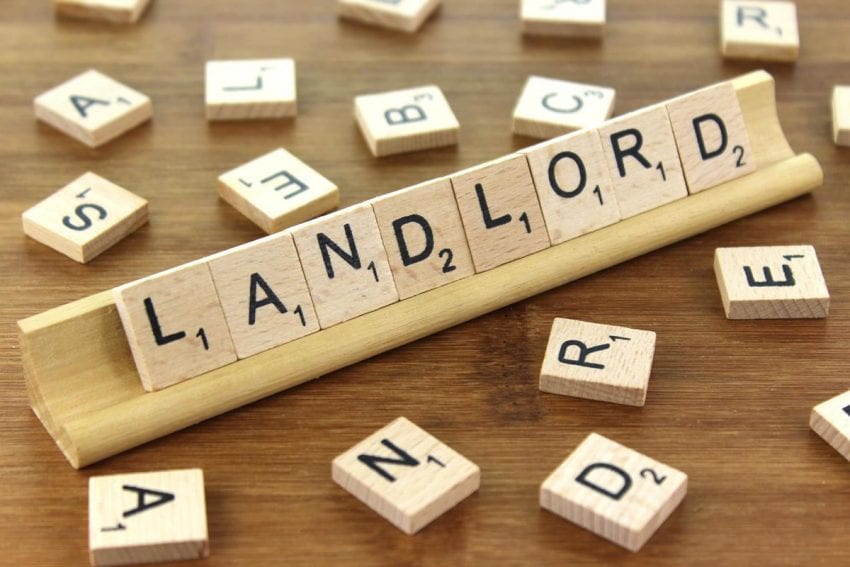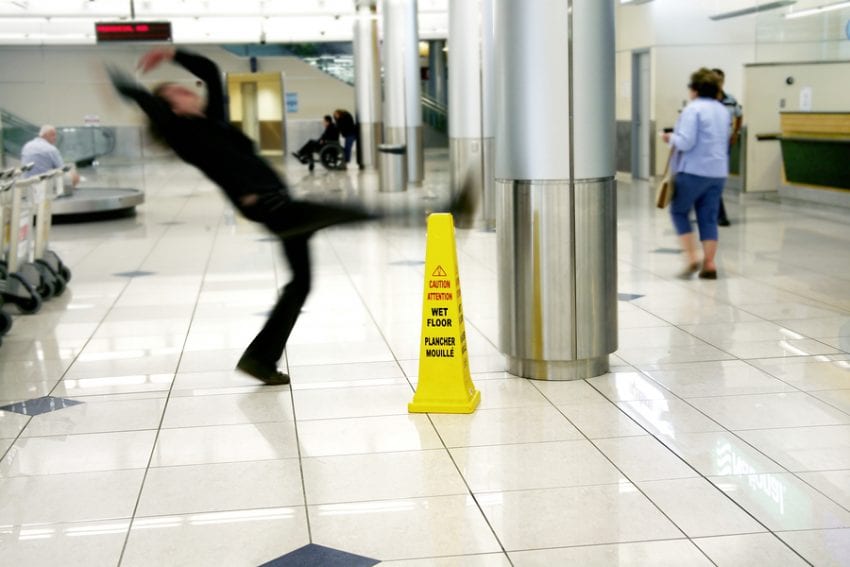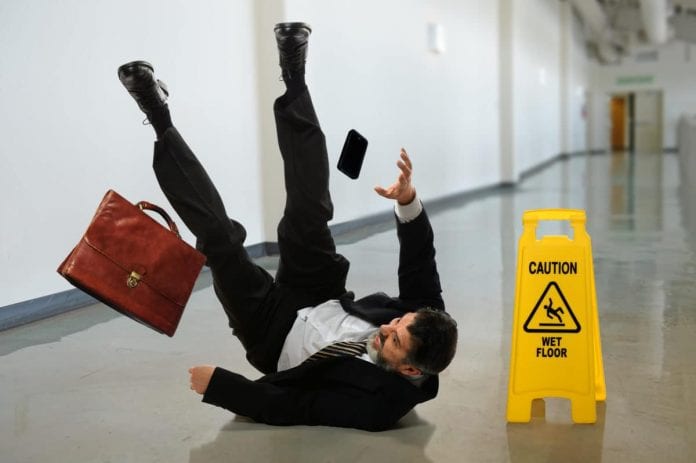If you run a business, you should be aware of the potential liability issues you face. According to FFPLaw, personal injury cases can result in settlements of more than $3 million when the plaintiff seeks legal action. You can’t prevent all accidents or eliminate all potential legal responsibilities, but you can reduce your liabilities and protect your business if you better understand how liability works.
Take, for example, premises liability—a legal concept that applies to certain personal injury cases.
Premises Liability: The High-Level View
They applies when someone experiences a personal injury due to an unsafe condition on another person’s property. For example, if you own a business with a cracked stair on your staircase, and that crack causes someone to trip and fall, you may be held liable for the injuries that result from that experience.
The majority of personal injury cases depend on the legal concept of negligence; someone must fail to take expected ethical or appropriate actions to prevent an injury from occurring. Premises liability applies when the owner of a given property has failed to keep that property in condition good enough to prevent the injury from occurring. If your business expects to have regular customers or working employees, that means keeping your building in good enough shape that those people won’t be harmed in their normal courses of action.
Common Types of Premises Liability Cases

How can this come into play?
These are some of the most common types of cases where premises liability is a factor:
- Slip and fall cases. If the floor is wet or disorderly, it can make someone slip and fall, resulting in injury.
- Cases of poor maintenance. Poorly maintained buildings can also cause injury, like if there are exposed wires or if the ceiling is crumbling.
- Defective premises conditions. Any defective or non-functioning elements of your property can also result in personal injury.
- Elevator and escalator accidents. Elevators and escalators work safely most of the time, but if there’s a mechanical failure or unexpected issue, it can cause harm.
- Snow and ice accidents. You’re responsible for keeping your sidewalks, parking lot, and other areas safe enough for people to walk—especially under snowy and icy conditions. Keep things cleared and salted.
- Chemical fumes or toxic conditions. Toxic fumes or chemicals in your environment can all leave you liable for personal injury.
- Inadequate building or amenity security. They also applies when security is insufficient, like when a building isn’t guarded, or when a swimming pool isn’t adequately watched.
Special Considerations for Landlords

If you’re the landlord of a property occupied by tenants, you’ll need to bear some special considerations in mind. For starters, you’ll be responsible for keeping the premises in good condition for your tenants, as well as invitees—people you’d expect to enter the property, like friends or family members. In most areas, you’ll also be responsible for licensees, or people who have their own purposes for entering the property, like salespeople. In most cases, you won’t be responsible for the safety of trespassers—though there are certain exceptions (like if the trespasser is a child).
How to Protect Yourself

There are several ways you can protect yourself from premises liability cases.
- Be aware of local laws. While general rules surrounding premises liability apply most places, there are local laws that vary by location. Be sure you understand the rules that apply to your region, specifically.
- Design and enforce high safety standards. If you own a business, create and enforce good safety standards. Define specific processes for your team members to follow, and make sure they’re followed precisely. It’s also good to commit inspections regularly, to identify and correct any issues before they result in injury.
- Repair and maintain your building. Don’t delay when there’s something wrong with the building. Commit repairs and basic maintenance as soon as you can, and fix things the right way.
- Properly train your employees. Your employees will be largely responsible for carrying out your safety standards. Make sure they’re properly trained, and make sure that safety is their top priority, both for them and for your customers. Instating good leaders, who prioritize safety, can also help.
- Invest in general liability insurance. As a measure of last resort, it’s important to invest in general liability insurance. Even under perfect conditions, accidents can happen. If you’re the subject of a personal injury case, most general liability insurance policies will kick in to protect you and cover your legal costs.
You may not be able to reduce your chances of being cited for premises liability issues to zero, but you can keep your business safe in the majority of situations. Stay aware of your business’s risk profile, and do what you can to prevent injuries on your premises.









